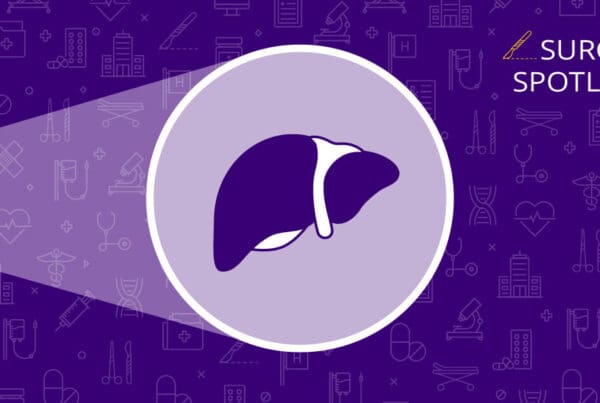Highlights | Introducing the Cognition in Primary Care Program
- The number of people in the United States living with Alzheimer’s disease and related dementias is expected to double in the coming years.
- Early detection of dementia is essential for providing good dementia care.
- This new program will train primary care providers to spot early signs of cognitive impairment during office visits.
As baby boomers approach the average age of dementia risk, scientists anticipate the number of people living with Alzheimer’s disease and related dementias will double. This will be the longest-living generation the world has ever seen, with more people living into their 80s than ever before. As a result, the number of people living with dementia is likely to increase tremendously.
Barak Gaster, MD, professor in the Department of Medicine and primary care provider, saw a gap in the education around detecting early signs of dementia in patients within primary care. Together with a dedicated team, Gaster set out to address this need, and the Cognition in Primary Care Program was born.
About the Cognition in Primary Care Program
The Cognition in Primary Care Program aims to provide primary care providers education around the early signs of cognitive impairment, as well as a clear method to evaluate cognition, detect impairment and improve care for their patients.
“What really hit me, about seven years ago, was how much I was struggling with the issue of detecting cognitive impairment within my own practice, and I saw the other doctors around me struggling as well,” Gaster says. “It struck me that this was an area that needed work to find an efficient and effective way to handle this in the primary care setting.”
With funding from the Centers for Disease Control and Prevention, and support from UW Medicine Primary Care leadership, Gaster and a team of five launched the Cognition in Primary Care Program. Of the many motivators that lead to creating the program, Gaster says he saw firsthand the harm that could come from not identifying dementia early. When the diagnosis is delayed, patients can progress into late stages of dementia without having the support they need.
“Often, primary care providers are on the front line,” Gaster says. “It’s important to include dementia as an important feature of someone’s health when setting plans for good care.”
The program aims first to train all primary care providers in the UW Medicine health system, then expand it to the entire WWAMI region (Washington, Wyoming, Alaska, Montana and Idaho) so that as many primary care providers as possible have access to the training and resources. But what exactly does the training entail?
Training to detect early cognitive impairment
Gaster emphasizes that there hasn’t been an easy or efficient way for primary care providers to evaluate people’s cognition. Understandably, this creates uncomfortable uncertainty for many primary care providers when concerns arise.
“Traditionally, it has been something people tend to sweep under the rug because they aren’t totally sure what to do,” Gaster says. “It’s a hard topic to talk about, it’s easy to avoid, so concerns can easily be pushed aside. This program will provide tools to break through that hesitation and reduce the stigma.”
Currently, the program is a virtual three-part Zoom education series. Each session is 30 minutes long plus a live Q&A. Registration is open to all those who work in primary care, and registration is free.
The first session establishes the foundation for better care by laying out an efficient and effective way for primary care providers to evaluate cognition. The second session teaches how to set a plan for a newly diagnosed patient with dementia, presenting a framework to improve their care. The final session provides information on how to manage dementia as it progresses, including medication options, approaches to treating behavioral and psychological problems, and counseling patients and families on advance care planning.
With the training, Gaster hopes that primary care providers will be able to provide patients with higher quality care which better meets their needs.
“The growing number of people who will be living with dementia is a huge problem. It’s so important to help primary care learn better ways to identify it and manage it well,” Gaster says.
A team effort
Gaster emphasizes the project has been a true group effort and has benefited from collaboration with the UW Medicine Memory and Brain Wellness Center. The members of the Cognition in Primary Care team are:
- Barak Gaster, MD, Professor in the Department of Medicine and Director of the program
- Annette Fitzpatrick, PhD, Research Professor in the Departments of Family Medicine, Epidemiology, and Global Health and Principal Investigator for the program
- Jaqueline Raetz, MD, Associate Professor in the Department of Family Medicine
- Basia Belza, PhD, RN, Aljoya Endowed Professor in the School of Nursing
- Monica Zigman Suchsland, MPH, Research Scientist in the Department of Family Medicine


